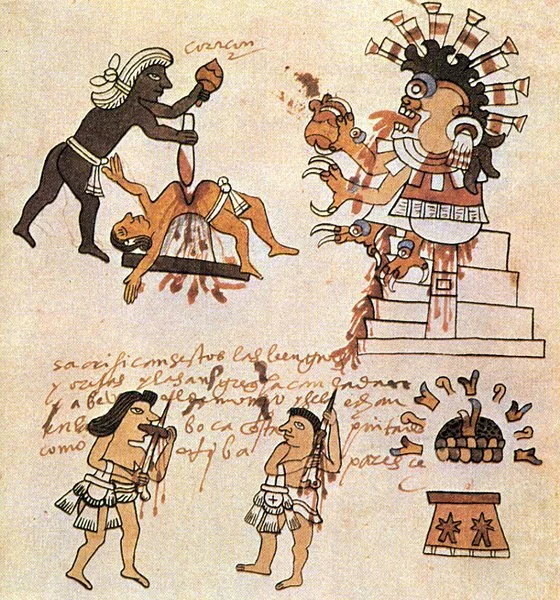Research
Sacred Values
Why are some moral values especially extreme, absolute, beyond price? Did they serve a distinctive function in the evolutionary history of humans, and can we predict what sorts of values will be regarded as sacred across different societies?
Honour and morality
What is the difference between honour and morality? The defence of honour can lead to destructive and abhorrent practices such as duelling, feuds, and honour-killings. But can honour be dispensed with altogether or is it an important feature of a flourishing society?
Governing the knowledge commons
How do we maximize the valuable forms of epistemic cooperation that humans engage in, while minimizing the dangerous forms, that contribute to political polarization and conspiracy theories?













To the extent that universalisability is a nice idea, it works well for the classic social dilemma: the prisoners' dilemma (or its multi-player equivalent, the tragedy of the commons). In such cases, there is one "cooperative" action which, if everyone performed it, would be best for the collective. But it is always better for each individual to abstain from cooperating. In such cases, we cannot rationally will that everyone abstain: that would defeat our rational aims. So there is a duty to cooperate.